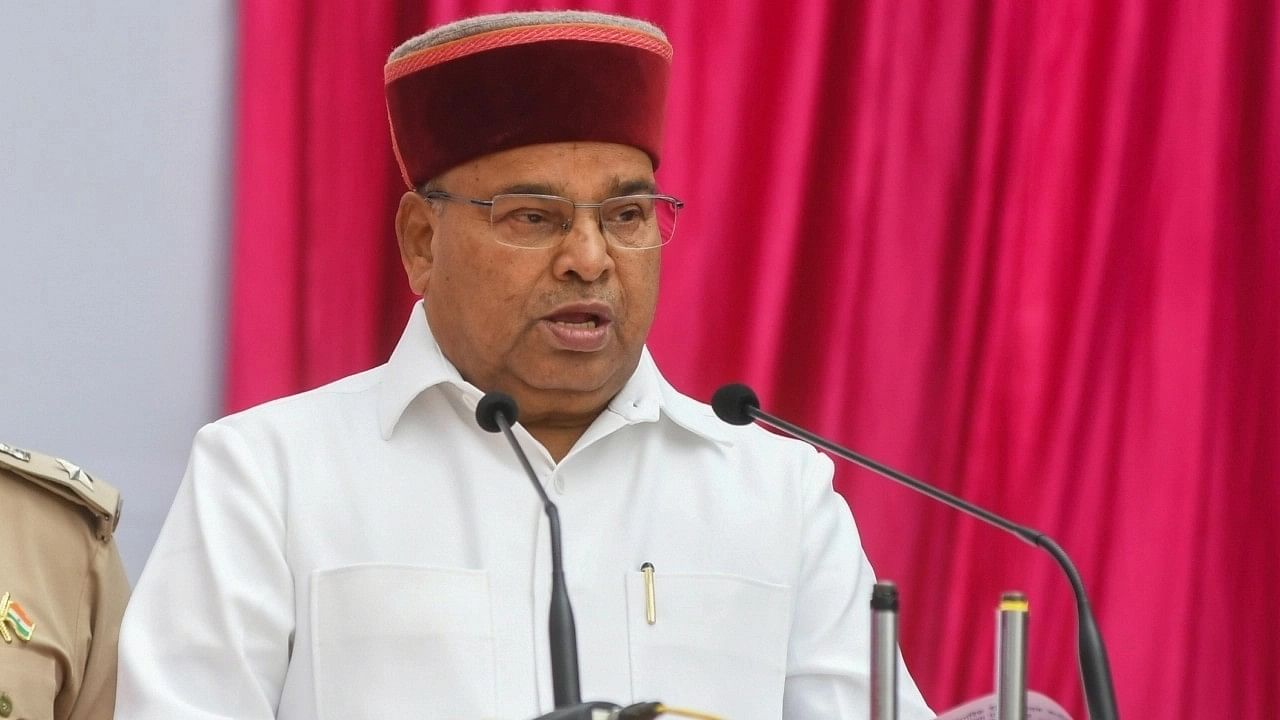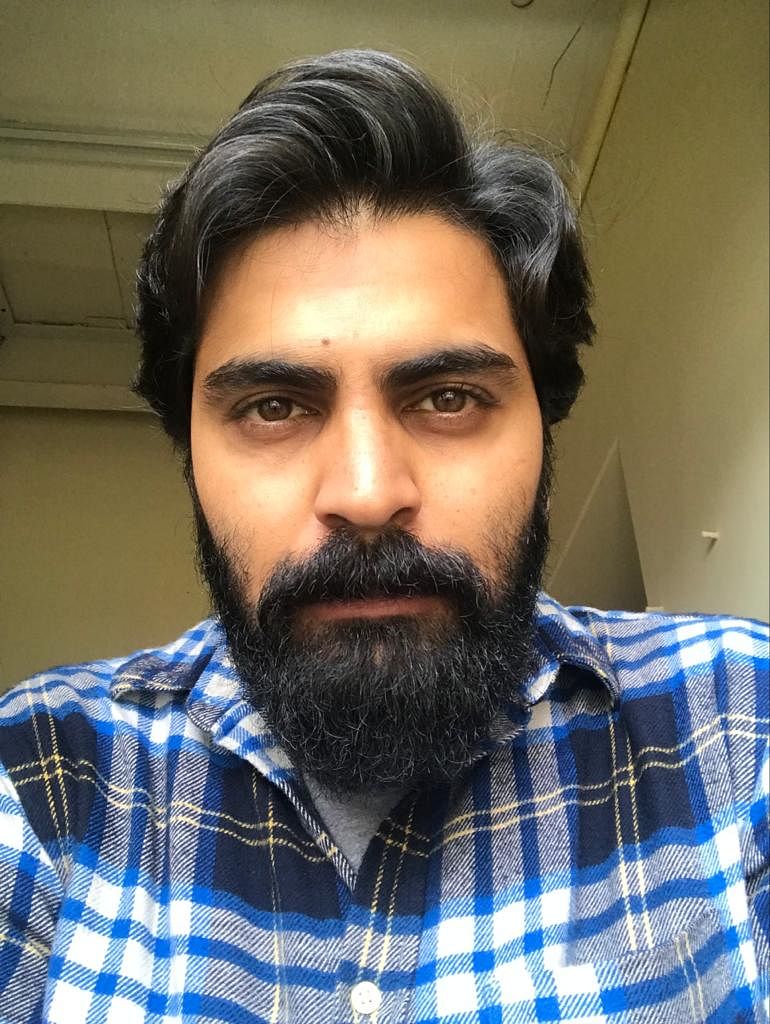
Karnataka Governor Thaawarchand Gehlot.
Credit: DH Photo
Bengaluru: Karnataka Governor Thaawarchand Gehlot has returned to the Siddaramaiah government a Bill seeking to use a higher portion of revenue from rich Hindu temples for a common pool of funds citing a pending case before the Supreme Court.
Gehlot has also asked the Congress government if it has plans to introduce a similar law for other religious bodies.
The Karnataka Hindu Religious Institutions and Charitable Endowments (Amendment) Bill was passed in the legislature last month.
According to the Bill, 10 per cent of the gross income of temples whose gross annual income exceeds Rs 1 crore will be put in the common pool. Also, 5 per cent of the gross income at institutions whose gross annual income exceeds Rs 10 lakh, but is less than Rs 1 crore, will be used for the pool.
The common pool, administered by the Rajya Dharmika Parishat, will be used for a number of purposes.
At present, 10 per cent net income of temples with a gross annual income of more than Rs 10 lakh and 5 per cent from temples earning Rs 5-10 lakh are used for the pool.
According to Raj Bhavan, amendments that were made to the law in 2011 and 2012 were struck down by the Dharwad bench of the High Court. The High Court’s decision has been challenged in the Supreme Court. Raj Bhavan said the apex court has stayed the High Court order and the case is in its final stage.
“Since the case is still pending in Supreme Court, it is necessary to get more clarification whether the amendment can be made during the pendency of the case, specifically when the entire Act has already been struck down by the High Court and case in appeal is at the stage of final hearing (sic),” Raj Bhavan said.
“Further, has the state government conceptualized any legislation to encompass other religious bodies in similar fashion as this Bill?” the Raj Bhavan has asked.
The BJP had opposed the Bill, accusing the Congress government of diverting income earned by Hindu temples.
Muzrai Minister Ramalinga Reddy told DH that the government will reply to the Raj Bhavan. “It is a simple clarification that has been sought. The amendments made to the law in 2011 and 2012 were struck down. The then BJP government got it stayed in the Supreme Court. This case is in the final stage,” he said, adding that it was for this purpose that the government amended the law in December last year to revive provisions of the Bombay Public Trusts Act.
On Raj Bhavan query on the government bringing a similar law for other religious bodies, Reddy said this will not come under his purview. “I think the Raj Bhavan is referring to two religious places worshipped by Hindus and Muslims - Sri Guru Dattatreya Bababudan Swamy Darga and Bhutharaya Chowdeshwari Temple & Hazrat Sayed Sadat Darga. But we’re only concerned with our temples,” Reddy said.
